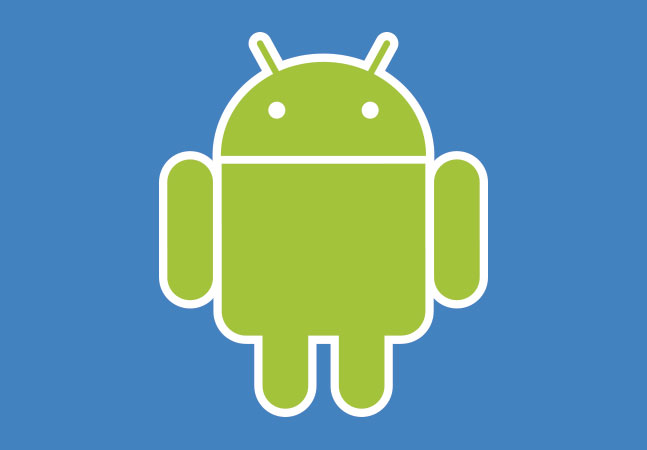
The Eclipse Foundation unveiled a new working group focused on software development tools for and in the cloud. The aptly named Eclipse Cloud Development Tools Working Group (ECD WG) "will drive the evolution and broad adoption of emerging standards for cloud-based developer tools," according to the group's charter.

In the .NET development world, .NET Core 3.0 and Blazor are two of the most popular focus points right now, so third-party development tooling vendors are scrambling to support their latest editions.

Developers working on IoT apps have a "tiny container" option as part of the Nubix.io Developer Edition, which supports the Raspberry Pi and BeagleBone platforms.

"Broken object level authorization" is the number one API vulnerability that attackers can exploit to gain access to an organization's data, according to a report from the independent Open Web Application Security Project (OWASP).

Even for development teams with an agile practice, testing, especially testing of a constantly evolving user interface can be a bottleneck if test scripts have to be manually rewritten to account for even trivial changes like the placement of the log-in button.

Oracle wrapped up its annual OpenWorld and Code One events in San Francisco on Friday, ending a week filled with of Java- and Cloud-focused announcements from Big O and the 350+ vendors exhibiting at this literally traffic-stopping user conference.

With the release of the latest version of its InfluxDB product, InfluxData is promising ease-of-use for developers, as well as elastic scalability and advanced analytics capabilities for processing data streaming from IoT and other sources.

Oracle this week announced the general availability of the Java Standard Edition 13 Platform (Java SE 13) and its open source reference implementation, the Java Development Kit 13 (JDK 13), at its annual Oracle OpenWorld conference in San Francisco.

IBM has announced that in the next month its cloud-based quantum computing online offering will include a new 53-qubit quantum computer.

Programming language popularity lists always include basically the same cast of the usual suspects like Python, Java and so on, but the latest IEEE Spectrum ranking sees newcomer Dart debuting at No. 16.

As part of a data security initiative, Google has published guidance for developers to get their apps ready for OAuth verification by the company.

Integrating DataOps, artificial intelligence and machine learning, Hitachi Vantara is touting Big Data technology in announcing its Lumada Manufacturing Insights, a suite of Industrial Internet-of-Things products.

Spring Boot is a rapid application development framework designed to simplify the development of stand-alone, production-grade, Spring-framework-based apps that run with little Spring configuration.

The Eclipse Foundation today announced the released the Eclipse Jakarta EE 8 specification during a live-streamed online event. This is the first enterprise Java spec released by the foundation since it took over the stewardship of the platform two years ago.

Google's open source, cross-platform Flutter UI toolkit, which started with a mobile focus, boosted its Web development tooling and has embraced Swift for native iOS projects and Kotlin for Android.

The Temboo no-code Kosmos Internet of Things (IoT) platform will integrate with Espressif's ESP32 series of chips, modules and development boards with WiFi and Bluetooth connectivity, under a partnership the two companies announced this week.

Spending on artificial intelligence hardware and software is predicted to expand two-and-a-half times from current expenditure of $37.5 billion to $97.9 billion, according to a new report by IDC.

Microsoft on Tuesday announced the general availability of the Vision AI Developer Kit, including a camera, which uses Qualcomm's Vision Intelligence 300 Platform, and the software needed to develop intelligent edge solutions using Azure IoT Edge and Azure Machine Learning.

Google, announcing that Android 10 is shipping and its source being given to the Android Open Source Project, has published advice for developers to get their apps ready for the latest version of the mobile OS.

Apple's iOS 13 is coming soon with all kinds of new features and functionality, but the company today reminded mobile developers to get ready for one thing in particular: Dark Mode.